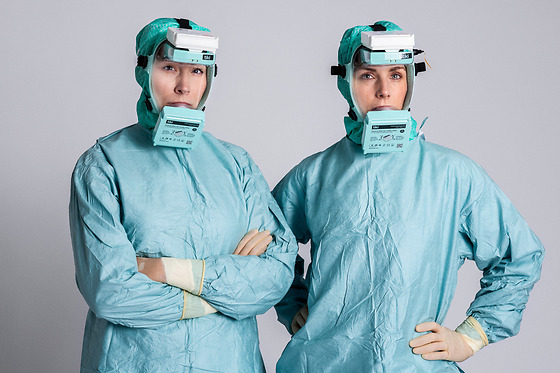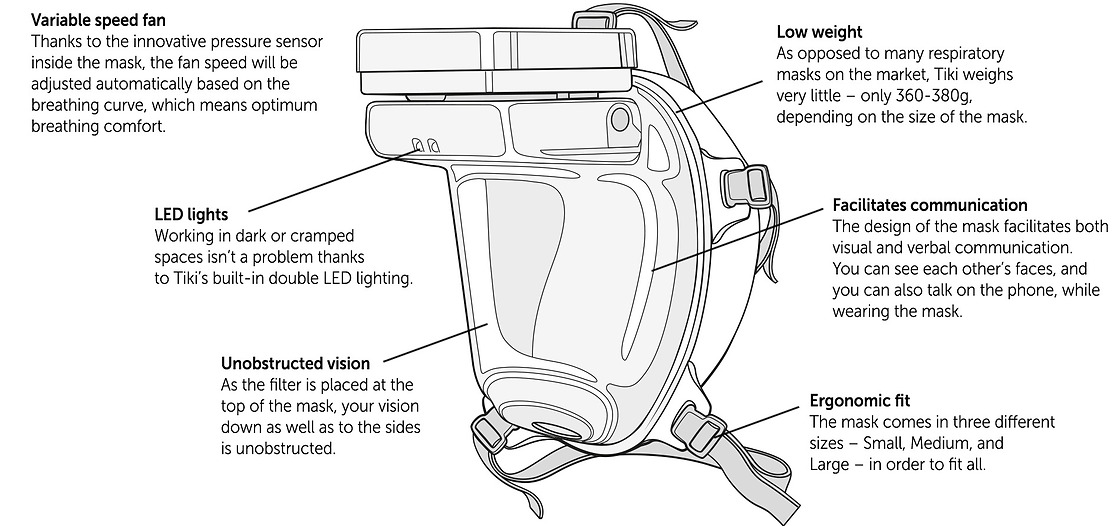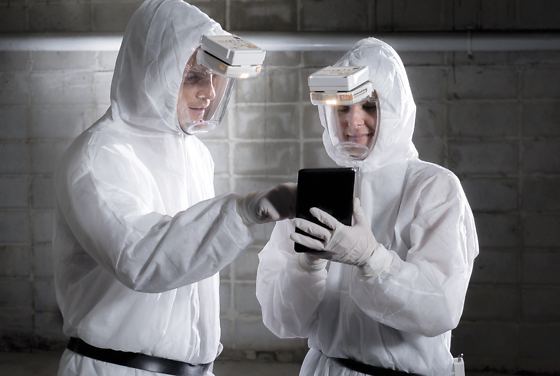
Infections caused by Coronaviruses (MERS, SARS, Covid-19), Ebola, Tuberculosis, and others are spread through human interactions, one of the most common transmission pathways being through the mucous membrane and the respiratory system.
The best protection is through hygiene, limited exposure, and Personal Protection Equipment (PPE). For people who are continuously under risk for exposure, PPE is a necessity for keeping the risks of virus infection to a minimum.
Both Tiki start and Tiki medical is initially developed for virological protection for field and hospital work. All the aspects of this sector were taken into account while developing the Tiki, including user-friendliness, comfort, security, and all gear sterilization. Also, our aim was to achieve an excellent Total Cost of Ownership (TCO) not comparable to anything else on the market.
Do you want to know more about Tiki medical who protects both you and the patient?
Please visit www.tikimed.com

Several large organizations like World Health Organization (WHO), Médecins Sans Frontières (MSF), US Occupational Safety and Health Administration (OSHA) recommend that the normal protection for a user during an outbreak is overalls, goggles, and a fitted N95 or FFP3 mask that is disposed of after each and every use.
However, these types of respiratory protection devices offer insufficient protection. They have to be fitted using a fit test device to reach the protection level that these devices can offer (maximum 95% filtration rate). The density of filters makes it difficult to breathe, limits communication and leads to decreased comfort and a feeling of unsafety.
According to OSHA, a virus outbreak has a three-month peak period during which staff exposed need to wear PPE. If single-use N95 or FFP3 masks are used, this is a costly solution. For each position at a hospital, several masks are being used each day – and concerning the sterile environment, typically 8–10 masks per person, while still offering low protection.

Many of the world's largest organizations like the WHO are trying to phase out single-use equipment in line with UN Sustainable Development Goals for a sustainable future. Read more about the goals on UN.org.